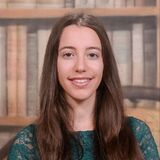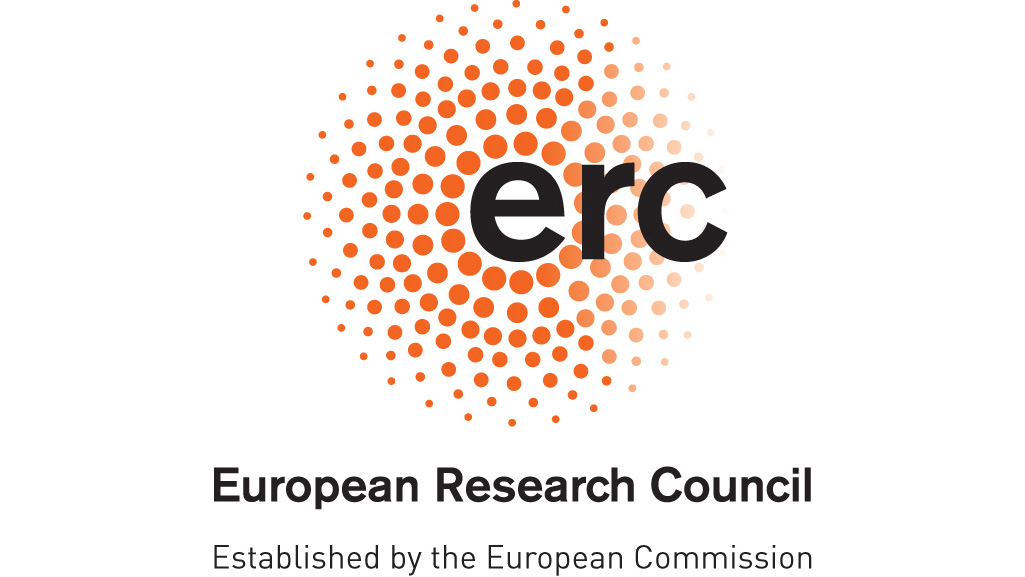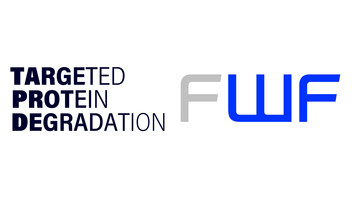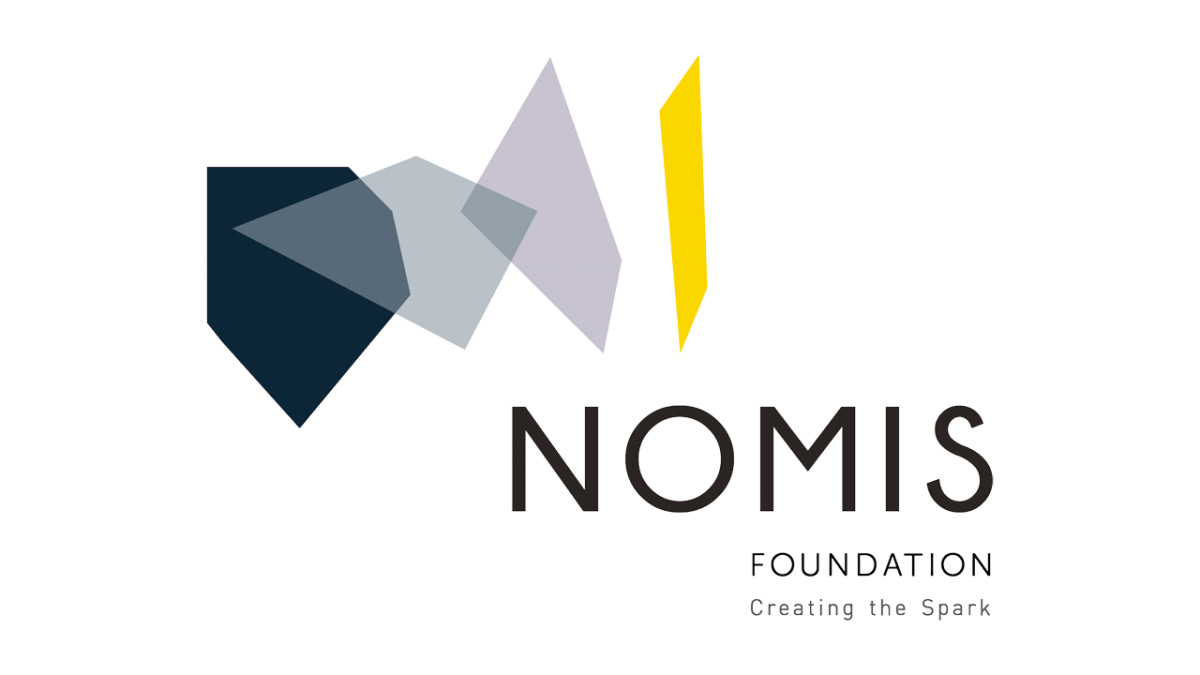On this page
The nuclear envelope is the signature element of eukaryotes. It separates nucleoplasm from cytoplasm and serves as the protective vessel for the genome. The nuclear envelope combines disparate features: durability with plasticity, selective traffic with mass transport, spatial enclosure with sophisticated signaling. In doing so, it enables cells to protect, decode and regulate their genome. How a single ‘intelligent boundary’ can achieve this multitude of functions remains one of the biggest puzzles in biology. Our goal is to understand the Biology of Boundary Conditions from a mechanistic perspective using the nuclear envelope as a challenging example. This will allow us to understand how it is built, how it breaks, and how to fix it when it is broken.
Three perspectives guide our work on the nuclear envelope: lipids, gates and chromatin. We study how the nuclear envelope regulates its lipid composition and hence material properties, how the boundary opens up via its NPCs and how these gates shape the boundary and interact with the membrane. Notably, the boundary is blurred as the nuclear envelope extends its reach to contact and regulate chromatin. We study how the nuclear envelope affects the nuclear interior, how it initiates the formation of specialized membrane-less compartments and how those affect chromatin function.
The inner nuclear membrane (INM), a critical hub for nuclear organization and genome regulation, remains an enigmatic frontier in lipid metabolism research. Through a genome-wide lipid biosensor screen, we identified Seipin - a valve-like transmembrane protein complex - as a key regulator of INM lipid homeostasis and nuclear envelope integrity (Romanauska, Stankunas, Schuldiner & Köhler, Nature Communications, 2024). Our findings establish Seipin as a "Guardian of Lipid Balance" at the INM, opening new avenues to investigate how nuclear lipid dysregulation may contribute to Berardinelli-Seip lipodystrophy, a severe lipid storage disease.
The nuclear pore basket is positioned on the nucleoplasmic side of the nuclear pore complex (NPC). Although it plays crucial roles in nucleocytoplasmic transport, its molecular architecture has remained unclear. In a recent study (Stankunas & Köhler, Nature Cell Biology, 2024), we identified key structural features of the basket filaments and their attachment to the NPC's main body. By combining electron microscopy, membrane-templated protein reconstitution in vitro, and cellular validation, our study reveals how NPCs assemble the basket, anchor it to both the nuclear envelope membrane and a specific docking site on the NPC core, and endow it with remarkable structural plasticity.
The cell nucleus is surrounded by a spherical double membrane called the nuclear envelope. An intriguing question was how this envelope can be elastic enough to accommodate shape changes that cells experience as they move through tissues, but also rigid enough to maintain nuclear integrity. We discovered that the chemistry of membrane lipids is key for this versatility (Romanauska & Köhler, Nature Cell Biology, 2023). When this chemistry is perturbed, the nuclear membranes become stiff and prone to rupture, and nuclei lose their typical round shape and morph into a polyhedron.
The nuclear pore basket is a conical, net-like structure that is attached to the main body of the nuclear pore complex. The basket has numerous functions in nucleocytoplasmic transport and gene expression. Moreover, when huge cargo is transported through the pore, the basket can expand and then contract again, suggesting a great degree of structural plasticity. Scientists have long tried to understand how the nuclear basket can achieve this, but its biochemical fragility prohibited a reconstitution from purified components . We have now managed to reconstitute key parts of the basket on synthetic membranes. (Cibulka, et. al., Science Advances). Our study reveals an intricate assembly principle, characterized by a flexible 'suspension cable’ that ties the basket together, and opens avenues to reconstitute the early stages of nuclear pore biogenesis.
Excess unsaturated fat in cells must be detoxified. We recently discovered that cells package toxic unsaturated fatty acids into lipid droplets that form specifically on the outer nuclear membrane and ER (Romanauska & Köhler, Developmental Cell, 2021). By contrast, lipid droplet formation at the inner nuclear membrane is switched off. In doing so, toxic fat is channeled away from the genome-filled nuclear interior. We suggest that this mechanism protects both the functionality of the nuclear envelope membrane and prevents the flooding of the genome with lipid droplets. Intriguingly, pathological accumulation of nuclear lipid droplets in liver cells has been observed in mouse-models of non-alcoholic fatty liver disease (NAFLD). These observations raise many questions about the role of dysregulated nuclear envelope lipid metabolism in obesity and liver disease, and whether such pathways can be pharmacologically reprogrammed.
Throughout all kingdoms of life, cells use compartmentalization to create functionally distinct units in what would otherwise be a chaotic cellular environment. We usually think of these compartments as requiring a lipid bilayer to differentially concentrate certain factors. Recent studies, however, suggest a new type of organelle which is based on a process called liquid–liquid phase separation (LLPS). This process – the same that underlies oil and water demixing - can lead to the formation of fluid-like compartments. The organizing principles of these phase-separated structures are poorly understood and represent a new frontier in biology. We recently discovered layered protein droplets, in which a chromatin-modifying enzyme encapsulates a liquid scaffold (Gallego, Schneider, Mittal et al., Nature 2020). The scaffold attracts chromatin and promotes its modification by ubiquitin. This is an intriguing example of a dynamic nuclear sub-compartment that organizes enzymatic activity in a unique way. Ultimately, our research can generate a new understanding of how cells utilize biochemical ‘liquidity’ as a shaping force for constructing the nucleus - the sophisticated organelle that is central to eukaryotic life.
From a cytoplasmic view, the inner nuclear membrane is the most remote territory of the endoplasmic reticulum (ER), both in distance and difficulty of access. To get there, any lipid or protein must pass through the NPCs. Whereas the ER and outer nuclear membrane are highly active in converting nutrients into building blocks for lipids and membranes, the inner nuclear membrane was thought to be metabolically inactive and to receive its entire lipids from the ER via the NPC route. We recently discovered metabolic turnover of lipids at the inner nuclear membrane of budding yeast, and found that the inner nuclear membrane can form lipid droplets that are used for lipid storage (Romanauska & Köhler, Cell 2018). We identified the genetic circuit for the synthesis of nuclear lipid droplets and showed how these organelles participate in gene regulation. This study opens avenues for exploring how inner nuclear membrane lipids signal to the genome and which role the inner nuclear membrane plays in human metabolic diseases.
The assembly of new NPCs is tightly controlled. NPCs are embedded in holes formed by the fusion of the outer and inner nuclear membranes. Inserting a new NPC into an intact nuclear envelope is a fascinating, but poorly understood mechanical problem. Put simply, a hole must be pierced without the balloon popping. Specifically, the inner and outer nuclear membrane have to be bent and fused to open a pore membrane, which has to be stabilized afterwards. In conjunction with this membrane remodeling event, ∼500 nuclear pore proteins have to assemble into a functional NPC to prevent uncontrolled leakage of nuclear or cytoplasmic material. We have discovered a new function for the NPC basket in shaping the nuclear membrane to promote NPC and nuclear envelope integrity (Mészáros et al., Dev Cell, 2015). Future studies aim at understanding how various NPC proteins cooperate to sculpt their membrane environment. We use biochemical reconstitution as a tool to get key insights into what is minimally needed and how mechanisms emerge from component parts.
Tardigrades (also known as water bears or moss piglets) are one of the most resilient animals on our planet: they withstand conditions that would fatal to nearly all other life forms on earth. This includes temperatures from close to absolute zero to about 150°C, pressures six times greater than those found in the deepest ocean trenches, ionizing radiation at doses lethal for a human, and even the vacuum of outer space. Tardigrades can go without food or water for decades, only to rehydrate, forage, and reproduce. They survive this by falling into an enigmatic state called cryptobiosis (hidden life), in which they are neither dead nor alive. We are investigating selected aspects of Tardigrade biology with the support of the Swiss NOMIS Foundation. We want to understand their outstanding robustness, specifically, how nuclear envelope architecture and function is preserved under extreme conditions.

Gabriela Hristova
Technician
Room: 3.524

Aranya Mitra
PhD Student
Room: 0.000
We’re excited to share that our lab has been awarded an ERC Advanced Grant to investigate how nuclear pore complexes (NPCs) remodel nuclear membranes to form functional channels. This project will uncover how cells sculpt the nuclear envelope without rupturing it - shedding light on the deep connection between NPC architecture, lipid metabolism, and nuclear function.
This award opens an exciting new chapter for our team - one in which we’re bridging chemistry, structural biology, and cell biology to explore new conceptual and technical frontiers in understanding the nucleus. It is our third ERC grant, following earlier Starting and Consolidator Grants, and reflects our team’s continued commitment to curiosity-driven, fundamental science.
Keeping up a favorite summer tradition, we gathered for our annual lab barbecue on the banks of the Danube, just outside Vienna. After some sweltering heat and a passing thunderstorm, the evening turned out beautifully - with delicious food, great company, and a chance to catch up with former lab members Omer and Helen, and to welcome Theresia, Zahra, and Ryan to the team.
Looking forward to next year!
Edvinas Stankūnas has been named Researcher of the Month by the Medical University of Vienna for his work elucidating how the nuclear basket docks onto the nuclear pore complex (NPC) core (Stankūnas & Köhler, Nature Cell Biology, 2024). During his PhD in the lab, Edvinas combined AlphaFold-based interaction screens with biochemical reconstitution and electron microscopy to uncover the membrane-anchored tripartite junction linking the nuclear basket to the NPC core. His study sheds new light on the compositional and conformational heterogeneity of the NPC.
Congratulations! Anete has been awarded the Science & SciLifeLab Prize for Young Scientists in the category “Cell and Molecular Biology”. The prize was initiated in 2013 by the journal Science and the American Association for the Advancement of Science (AAAS; the world’s oldest and largest general science organization) together with the Science for Life Laboratory (SciLifeLab), a Swedish research center. The prize is given to outstanding early career researchers, who publish essays about their discoveries in Science, and are invited to Stockholm to receive their award in the Hall of Mirrors at Grand Hôtel, the original venue of the Nobel Prize.
The City of Vienna recognizes outstanding scientific projects, which have the potential to educate and inspire the public. In his PhD work, Adrià wants to find out how tardigrades (also called water bears) manage to survive extremes that would kill the vast majority of animals on this planet. Adrià is also keen on communicating his research to a wide audience: he has written a children’s book about tardigrades and has started a YouTube channel where he explains current scientific topics to a lay audience. The Impact.Award aims to empower young researchers to engage in a dialogue with society on how to address the global challenges we face, including climate change and environmental degradation.
Every year EMBO (European Molecular Biology Organization) selects distinguished scientists who have made outstanding contributions in the field of the life sciences. New members are nominated and elected by the existing EMBO Members. EMBO Members guide the execution the of EMBO Programmes and activities by serving on EMBO Council, Committees and Advisory Editorial Boards. Collectively, they influence the direction of European science and strengthen research communities across Europe. EMBO was founded in 1964. It’s first chairman was Max Perutz.
A key question in biology is how genes are turned on and off at the right time and place, put differently, how specific proteins become concentrated on a specific gene to turn it on and off. Scientists, who try to painstakingly dissect such ‘genetic switches’, would wish for a simple device that is easy to understand – a mechanical switch with a button to press. However, nature found a different solution and, surprisingly, the solution is - liquid.
DNA is folded into a material called chromatin, which is mostly composed of DNA wrapped around histone proteins. Enzymes can modify histones and thereby affect chromatin structure, which influences whether a gene is active or not. Reporting in Nature, Alwin Köhler’s team discovered that Bre1, an enzyme that modifies histone proteins with ubiquitin exists in a peculiar material state. Bre1 binds another protein, called Lge1 (Large 1), which displays an unusual behavior when viewed under the microscope: Lge1 forms droplets, which are colliding and coalescing. “Solid structures don’t do that; only liquids can” says Laura Gallego, a first author of the study.
The Weintraub Student Award is one of the most prestigious and competitive international student awards recognizing “outstanding achievement during graduate studies in biological sciences”. Anete Romanauska, PhD student in Alwin Köhler’s lab, has been selected as one of twelve students from around the globe in 2020. The award is sponsored by the Fred Hutchinson Cancer Research Center in Seattle.
The Austrian Science Fund has awarded a special research programme grant to a team of scientists led by researchers at the Max Perutz Labs in collaboration with scientists from other institutes. The programme will mechanistically address the question of how the targeted degradation of proteins contributes to health and disease. The research projects of the consortium are coordinated by group leader Sascha Martens - with the contributing groups of Andreas Bachmair, Elif Karagöz, Alwin Köhler, and Gijs Versteeg from the Max Perutz labs - and aim at dissecting the molecular mechanism of how ubiquitin regulates protein degradation and the crosstalk between the two pathways.
The Medical University of Vienna has nominated Anete Romanauska as Researcher of the Month. Born in Latvia, she studied Biology in Riga and later in Vienna. She joined Alwin Köhler’s Lab in 2016 as a PhD student. In her research she is interested in the role of lipid metabolism at the nuclear envelope.
Docking a flexible basket onto the core of the nuclear pore complex.
Stankunas Edvinas, Köhler Alwin
Lipid saturation controls nuclear envelope function.
Romanauska Anete, Köhler Alwin
Phase separation directs ubiquitination of gene-body nucleosomes.
Gallego Laura D, Schneider Maren, Mittal Chitvan, Romanauska Anete, Gudino Carrillo Ricardo M, Schubert Tobias, Pugh B Franklin, Köhler Alwin
The Inner Nuclear Membrane Is a Metabolically Active Territory that Generates Nuclear Lipid Droplets.
Romanauska Anete, Köhler Alwin




